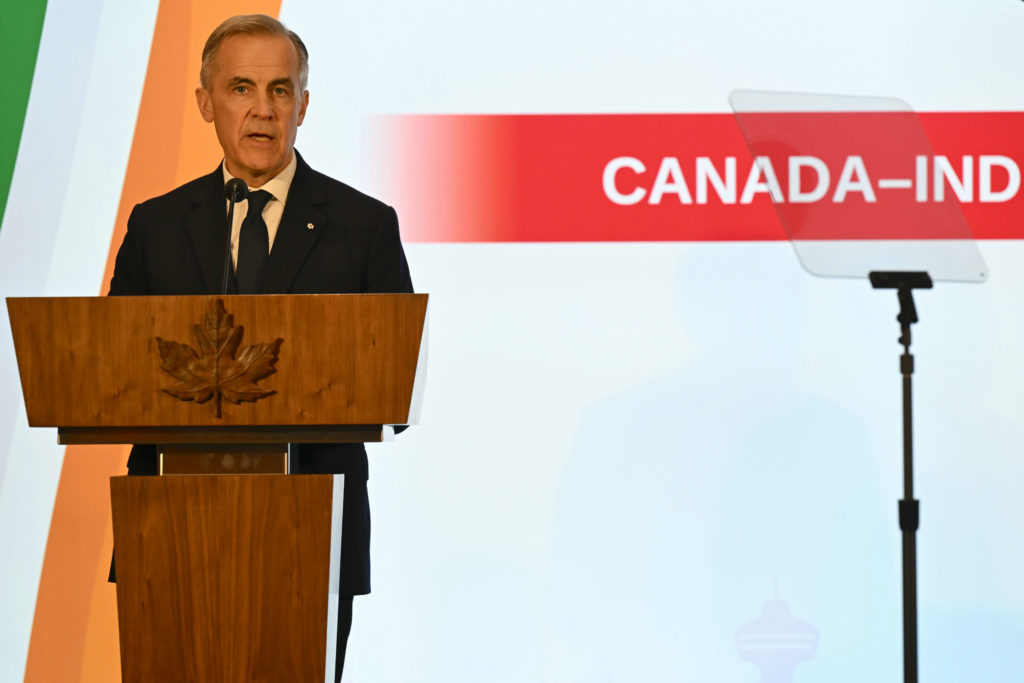US jobs data are closely watched for an insight into the state of the economy
Stock markets stumbled on Friday after strong US jobs data raised concerns that the US Federal Reserve may continue to aggressively hike interest rates to tame inflation.
Oil prices, meanwhile, were stable as investors awaited an output decision by OPEC and its Russia-led allies and tracked Western plans to cap Russian crude prices.
Stock markets are focused on the next moves of the US central bank.
While Fed chief Jerome Powell signalled on Wednesday that the central bank could start “moderating” the pace of rate hikes as soon as December, investors were unnerved by Friday’s jobs figures.
US government data showed that the world’s biggest economy added 263,000 jobs in November, with the unemployment rate remaining at 3.7 percent.
Strong job gains raise concerns among investors, as a healthy economy could convince the Fed it still has room to deliver more sharp rate increases to fight inflation.
“The report itself is good news from an economic standpoint, yet the market sees it as bad news, thinking it will push out any eventual pivot by the Fed with its monetary policy,” said Briefing.com analyst Patrick O’Hare.
Wall Street’s main indices were down in late morning trades while Paris finished lower and London closed flat.
Frankfurt bucked the trend as it ended in the green.
– OPEC+ –
The focus was also on OPEC+, which may decide Sunday to slash oil production further to boost prices for its members, which include Saudi Arabia and Russia.
“There remains considerable uncertainty around the action OPEC+ will take when it meets…, although there’s every chance that the meeting will be delayed or that discussions take longer than normal, as a result of the price cap being finalised by the EU,” noted OANDA trading platform analyst Craig Erlam.
Beyond the economic gloom, the big unknown in the oil equation currently is Russian oil, as Western nations seek to decouple themselves from Moscow’s energy supplies as fast as possible.
The EU has decided to ban member states from buying Russian oil exported by sea from Monday, “putting at risk over two million barrels per day,” according to estimates by ANZ analysts.
Investors are also scrutinising EU plans to join G7 powers in imposing a $60-per-barrel price cap on Russian oil after Poland, which had pushed for a lower ceiling, dropped its objection.
Oil prices did not budge much after Poland’s announcement.
Prices have fallen heavily in recent weeks on expectations of weaker Chinese demand.
There are signs, however, that China is edging towards a pivot from its draconian Covid-zero strategy, which has seen the lockdown of tens of millions and strangled the giant economy this year.
The move came after widespread protests across the country earlier in the week against almost three years of heavy-handed containment measures and calls for more political freedoms.
Observers say they expect officials to signal a shift in priorities at a key meeting later this month, with a focus turning to kickstarting the economy, though with vaccination rates low the move will likely be gradual.
Asian stock markets closed in the red.
– Key figures around 1645 GMT –
New York – Dow: DOWN 0.1 percent at 34,365.14 points
London – FTSE 100: FLAT at 7,556.23 (close)
Frankfurt – DAX: UP 0.3 percent at 14,529.39 (close)
Paris – CAC 40: DOWN 0.2 percent at 6,742.25 (close)
EURO STOXX 50: DOWN 0.2 percent at 3,977.90
Tokyo – Nikkei 225: DOWN 1.6 percent at 27,777.90 (close)
Hong Kong – Hang Seng Index: DOWN 0.3 percent at 18,675.35 (close)
Shanghai – Composite: DOWN 0.3 percent at 3,156.14 (close)
Euro/dollar: DOWN at $1.0518 from $1.0529 on Thursday
Dollar/yen: DOWN at 134.93 yen from 135.34 yen
Pound/dollar: UP at $1.2280 from $1.2251
Euro/pound: DOWN at 85.63 pence from 85.91 pence
Brent North Sea crude: DOWN 0.2 percent at $86.69 per barrel
West Texas Intermediate: UP 0.1 percent at $81.30 per barrel
burs-lth/jj










